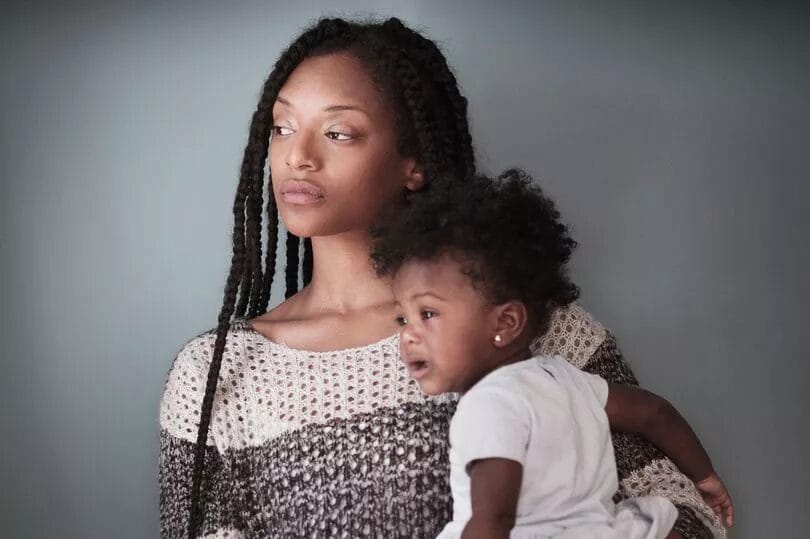

Untreated PTSD in Veterans Hurts the Whole Family
By: Samantha Serido
Research Assistant, HHP UK
While the detriments of PTSD on Veterans are well-documented, a growing amount of research
suggests untreated PTSD impacts a Veteran’s entire family. The consequences of a veteran’s PTSD are multi-faceted and complex, with spouses and children experiencing adversity in various forms as a result.


THE RESEARCH SHOWS:
Spouses report feeling charged with “running interference.” This interference includes constant
vigilance for loud noises in the household or surrounding area and hastening to stop the noise
before it can trigger a negative response in the Veteran. As a result, spouses also begin to feel
hypersensitive to sound.
Veteran spouses’ sensitivity to commotion carries over into their relationship, as they are liable
to be on the receiving end of hyperreactivity in their partners. Veterans with untreated PTSD may
struggle with a short temper, and spouses have reported feeling on edge around their partners, some
expressing direct awareness that an outburst from their partner can erupt at any moment.
Long-term, spouses of traumatized veterans experience negative impacts that are nearly identical to what the Veterans themselves experience. A longitudinal study, following Veteran spouses’ lives over the course of 12 years, found these individuals experienced poorer health overall, greater mental burden, and deteriorated well-being overall.
A consequence felt by the entire family of a Veteran suffering from PTSD is that Veterans experience a loss in ability to connect and enjoy closeness. Untreated PTSD causes its sufferers to feel as if they cannot share their internal trials with those in their lives. It is not uncommon for those with PTSD to sit down for dinner and come up blank for anything they feel comfortable sharing about themselves and their daily life. Similarly, PTSD victims can also experience difficulty feeling and expressing joy. They might find themselves sinking further into detachment, with children and spouses looking on and missing their loved one.
It is imperative to note that the degree to which Veteran PTSD affects families has yet to be fully comprehended. Some researchers suggest that family members, and spouses in particular, are vulnerable to suffering from Secondary Trauma – PTSD symptoms experienced simply by living in close proximity to someone who has undergone a traumatic event. Yet, others have described a more complex issue at play. Their findings suggest that the negative experiences of Veteran spouses are unique and require different solutions, such as group work rather than exposure therapy.
Regardless of variation in research results, it’s obvious that Veteran family members and the
Veterans themselves require better support. Delivering effective treatment for Veterans inflicted
with PTSD improves the life of not only one individual greatly deserving of peace but also impacts
those closest to them.
Heroic Hearts Project works to provide real and long-lasting relief to Veterans who have too long
been left hopeless by a dearth of options that actually offer solution. What’s more, HHP’s program, The Hope Project, works directly with Veteran spouses and caregivers to help alleviate the distress experienced by Veterans’ loved ones and promote family healing.
Psychedelic-assisted therapy for both Veterans and their spouses via Heroic Hearts Project shows great promise for Veterans and their families. It is more than evident that we have the tools to offer peace to entire homes today, and that this relief is direly needed.


Published on Jan 11 2024
Categories: Veteran story
